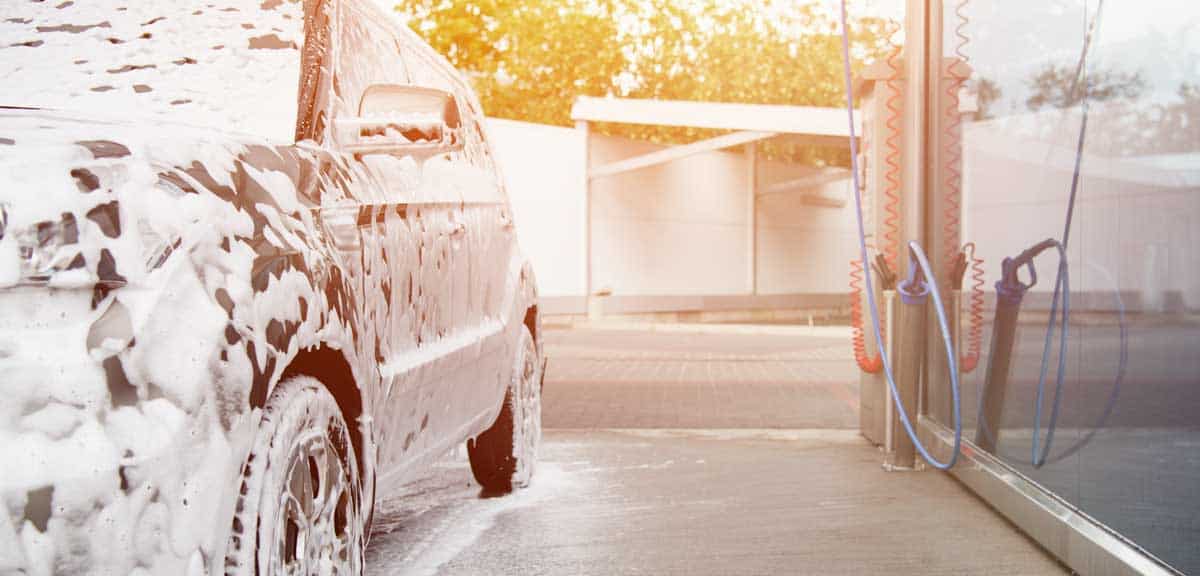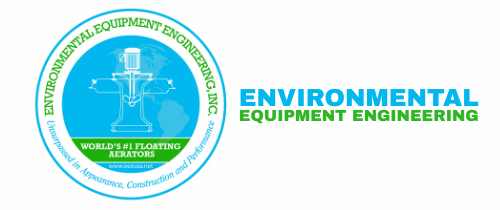
Car washing may seem like an unburdensome activity when it comes to pollution and the environment. After all, high-pressure sprays are designed to be highly efficient and not waste much water, and the average car is usually not laden with dangerous chemicals.
But let’s think about it once more.
No matter where they have been driven, all cars will have some oil residue on their outer surfaces, and particle pollution from exhausts will inevitably accumulate. To wash everything off, disinfect properly, and give the car the desired shine, various detergents are used – and a few (if any) of them are biodegradable or environmentally friendly.
In fact, washing an average car will result in 750 milliliters of sludge contaminated with hydrocarbons, heavy metals, and surfactants.
Now multiply that by the number of cars that pass through a typical car wash per day, and it becomes easy to see that car wash runoff needs to be dealt with before it is released into the environment. The local environmental regulations are there to ensure proper carwash wastewater treatment.
However, here’s the good news.
The obligatory wastewater treatment and the water-saving methods (which can include even water recycling) make professional car wash operations much less hazardous to the environment than home car washing, which discharges all runoff directly into the storm drain.
Besides complying with the regulations, another perk is that by installing the right equipment, you get to advertise your business as honestly environmentally friendly.
How Is Car Wash Wastewater Dealt With?
The wastewater runoff from your car washing operation is dealt with through appropriate wastewater systems. The water is purified through the three primary phases:
- The wastewater is prevented from escaping the site and is collected instead.
- The polluting elements are extracted from the wastewater, which counts as treatment; the methods can vary.
- The now-purified water is released into the storm drain system or recycled. Simultaneously, the collected pollutants are disposed of (to be stored, destroyed, or recycled) in a safe and regulation-approved manner.
Our wastewater systems are renowned for their reliability, quality, and, last but not least, elegant engineering solutions.
What Types Of Wastewater Systems Are Used For Car Wash Operations?
First of all, car wash businesses are stationary, so compatible wastewater systems are likewise intended for stationary use. For non-stationary vehicle washdown operations, different systems within mobile wash stations are used.
Final Thoughts
If untreated, car wash wastewater can carry an array of pollutants into our ecosystems and water supply. That is why car wash operations are required by law to install suitable wastewater collection equipment, making car-washing businesses genuinely environmentally friendly.
Diversion systems and collection traps are commonly used for this purpose. Environmental Equipment Engineering offers robust systems that are high-functioning, durable, and easy to operate and maintain.
Depending on various factors, different systems are suitable for different car wash operations. When deciding on the best system for your business, you will need expert advice. Luckily, Environmental Equipment Engineering can offer you free consultation and advice, based on more than 45 years in the business – to help you define and meet your requirements.
